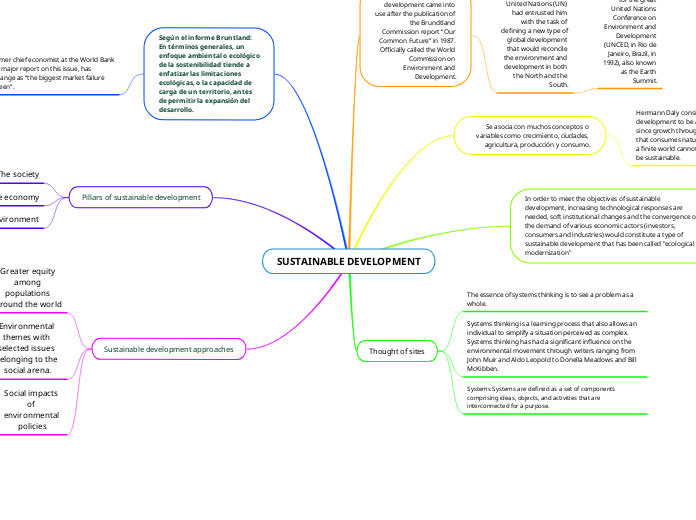a Henry Ott Gutierrez 2 éve
162
SUSTAINABLE DEVELOPMENT
Sustainable development is a multifaceted concept that seeks to balance environmental, social, and economic goals. Originating from the 1987 Brundtland Commission report "Our Common Future,"

a Henry Ott Gutierrez 2 éve
162

Még több ilyen